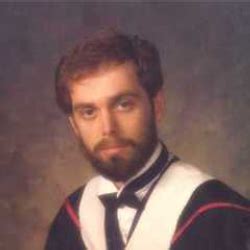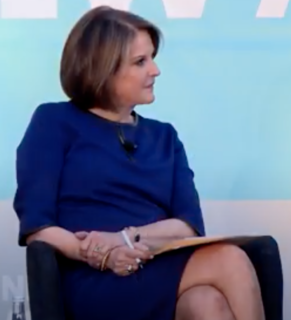A Quote by Paul Eldridge
We hew and saw and plane facts to make them dovetail with our prejudices, so that they become mere ornaments with which to parade our objectivity.
Related Quotes
The narrative fallacy addresses our limited ability to look at sequences of facts without weaving an explanation into them, or, equivalently, forcing a logical link, an arrow of relationship, upon them. Explanations bind facts together. They make them all the more easily remembered; they help them make more sense. Where this propensity can go wrong is when it increases our impression of understanding.
A religion, that is, a true religion, must consist of ideas and facts both; not of ideas alone without facts, for then it would be mere Philosophy; - nor of facts alone without ideas, of which those facts are symbols, or out of which they arise, or upon which they are grounded: for then it would be mere History.
The more we understand what is happening in the world, the more frustrated we often become, for our knowledge leads to feelings of powerlessness. We feel that we are living in a world in which the citizen has become a mere spectator or a forced actor, and that our personal experience is politically useless and our political will a minor illusion.
I think that human beings have gotten as far as we've gotten because of our adaptability, our ability to adapt, and our ability to dovetail our technologies - our brains to our tools. With the Industrial Revolution, we transcended the limits of our muscles. With the digital revolution, we transcend the limits of our minds.
And how we become like our parents! How their scorned advice - based, we felt in our superiority, on prejudices and muddled folk wisdom - how their opinions are subsequently borne out by our own discoveries and sense of the world, one after one. And as this happens, we realise with increasing horror that proposition which we would never have entertained before: our mothers were right!
Facts do not find their way into the world in which our beliefs reside; they did not produce our beliefs, they do not destroy them; they may inflict on them the most constant refutations without weakening them, and an avalanche of afflictions or ailments succeeding one another without interruption in a family will not make it doubt the goodness of its God or the talent of its doctor.
In terms of talking about what our politics has become, it now seems as if Barack Obama is starting to stand outside of it a little bit and critique what our politics has become. And I think he sees himself as a useful critic that way saying that it's not only become dishonest, he said, but now we have a selective sorting of the facts and our politics has become self-defeating.
As parents, we can have no joy, knowing that this government is not sufficiently lasting to ensure any thing which we may bequeath to posterity: And by a plain method of argument, as we are running the next generation into debt, we ought to do the work of it, otherwise we use them meanly and pitifully. In order to discover the line of our duty rightly, we should take our children in our hand, and fix our station a few years farther into life; that eminence will present a prospect, which a few present fears and prejudices conceal from our sight.





































